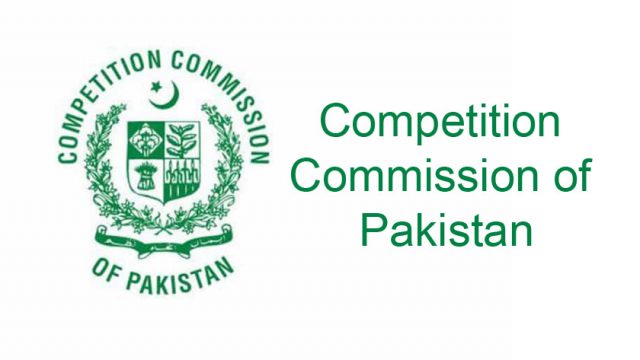Engineering Post Report
The .Competition Commission of Pakistan (CCP) has conducted an extensive study titled ” Enhancing Economic Efficiency of SMEs in Pakistan” identifying barriers to competition and formulating recommendations for improving the economic efficiency of the Small and Medium Enterprises (SMEs) in the country.
The study was based on data from 50 Financial Institutions, 18 focused group discussions, and as many as 362 SMEs across 11 cities of the country as well as a seminar conducted on women entrepreneurs.
The study so conducted and completed has recommended reviewing the definition of SME s in comparison to other regional countries, as the current National SME Policy 2021 has excluded micro-enterprises, which amounted to overlooking an important segment of the national policy focus. Additionally, the startups have been addressed in the policy but their unique characteristics as a matter of fact warranted separate treatment in line with the best international practices.
A comparison of definitions across the Companies Act, SME Policy and IncomeTax Ordinance revealed varying thresholds for revenue., innovation, and age , thereby indicating the dire need for rationalization.
Moreover, establishing a clear and transparent legal framework for startups was also duly emphasized for defining the rights and obligations of all stakeholders operating and working within the startup ecosystem. The study has also highlighted that access to finance was a significant barrier to SMEs growth. Despite policy measures for increasing financing to 17 percent, the SME sector in Pakistan was only receiving just 6.7 percent of the private sector financing, the study has pointed out.







